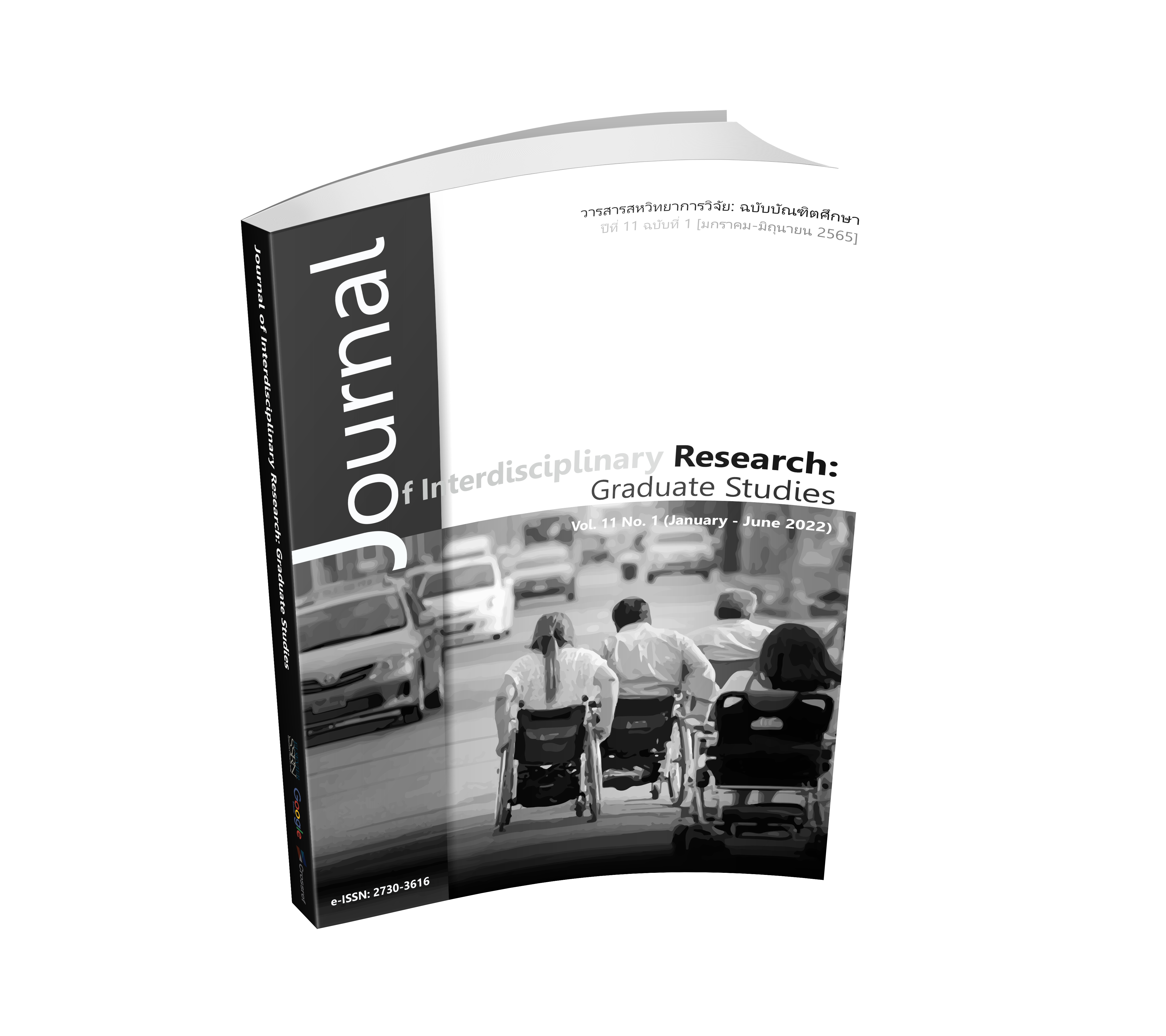Intrinsic and Extrinsic Influences of Self-regulation in the Early Years of Life Publication
Keywords:
Self-regulation, Temperament, Neurodevelopment, Toxic chemical exposure, Maternal stress and depression, Parent-infant relationshipAbstract
This article provides information about the definition of self-regulation. The different terms that are relevant to self-regulation studies are reviewed, including delayed gratification, executive function, and self-control. The definitions of aspects of self-regulation are provided, such as emotion regulation, behavioral regulation, inhibitory control, and effortful control. The development trajectory of self-regulation is described from birth through childhood. Interesting intrinsic and extrinsic factors that influence children’s development of self-regulation are provided, including temperament, neurodevelopment, toxic chemical exposure, maternal stress and depression, and parent-infant relationship. This article also suggests future research trends in studying the interplay effect between intrinsic and extrinsic factors on the development of child self-regulation.
Downloads

Downloads
Published
How to Cite
Issue
Section
License
Copyright (c) 2022 Journal of Interdisciplinary Research: Graduate Studies

This work is licensed under a Creative Commons Attribution-NonCommercial-NoDerivatives 4.0 International License.









.png)


